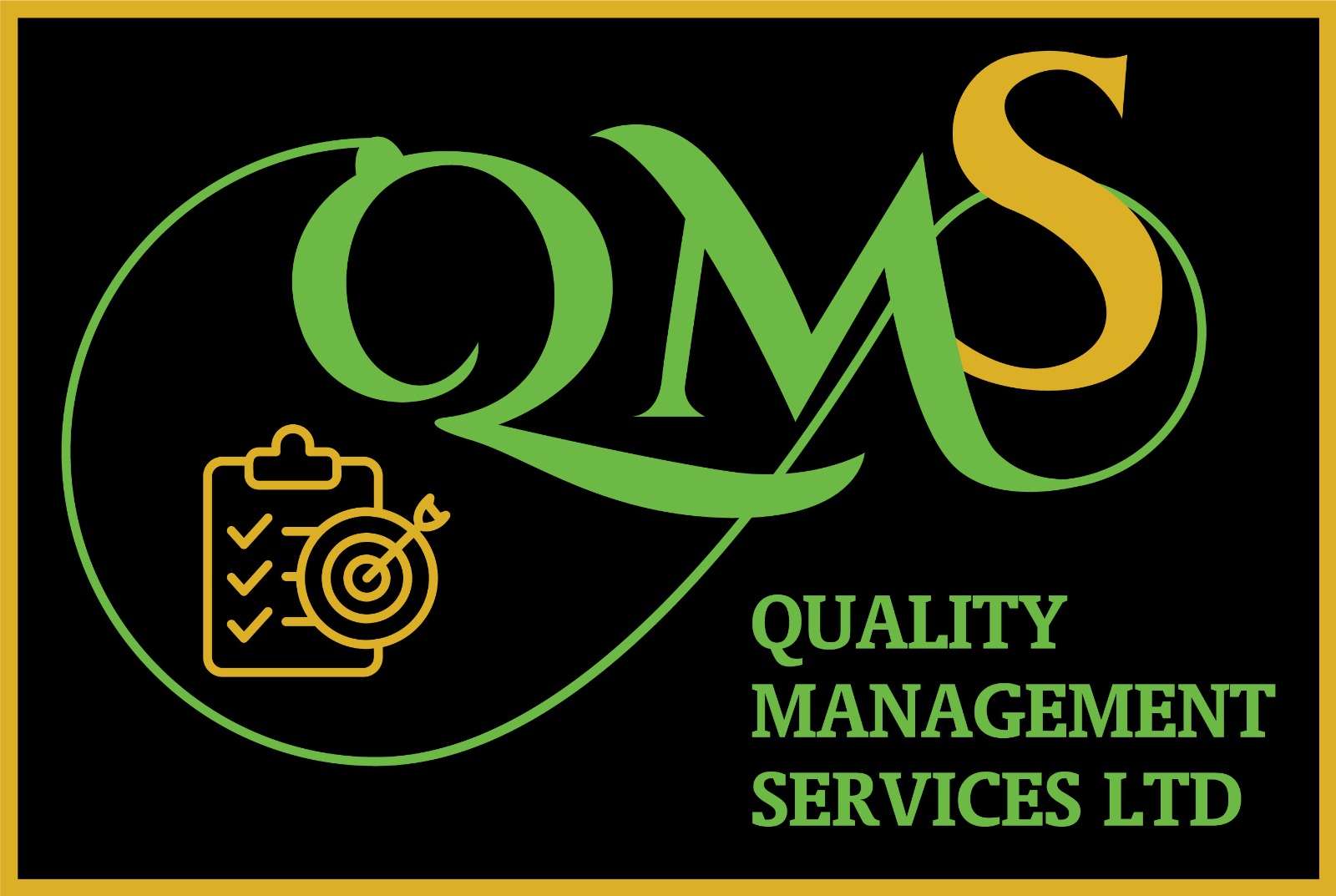October 30, 2021

DEALING WITH CRITICISM POSITIVELY IS AN IMPORTANT LIFE SKILL.
At some point in your life you will be criticised, perhaps in a professional way. Sometimes it will be difficult to accept – but that all depends on your reaction.
You can either use criticism in a positive way to improve, or in a negative way that can lower your self-W esteem and cause stress, anger or even aggression.
TIPS:
How to handle criticism as a teenager
- Listen honestly for a critic’s intention. …
- Decide if feedback is constructive or destructive. …
- Thank those who offer constructive criticism. …
- Avoid exploding in the face of constructive criticism. …
- Minimize encounters with harmful people. …
- Make plans to act on constructive criticism.
How to handle criticism at work
- Control your reaction. …
- Try not to take it personally. …
- Process the criticism. …
- Give yourself some grace. …
- Show appreciation. …
- Show humility. …
- Apologize conservatively. …
- Do not dwell on the criticism.
Taking Constructive Criticism Like a Champ
- Stop Your First Reaction. At the first sign of criticism, before you do anything—stop. At first it hurts. Make a quick move away
- Remember the Benefit of Getting Feedback. So ask questions how you can improve…
- Listen for Understanding. …
- Say Thank You for the feedback. As they save you from appreciation of their input as not many do.
- Use this to distinguish is it constructive. Ask Questions to Deconstruct the Feedback. So smile to show you have taken it positively and you are appreciative.
- Request Time to Follow Up. Ask for time to address their concerns.
Destructive criticism is negative. It can cause you to feel bad about yourself. You need to be aware of it so that you can create boundaries. The tone of negative criticism can increase stress, anger and hurt in you. A negative person can constantly throw the past at you. So still it is never really about you. tone in it. It brings out the desire to manipulate envy, unhappiness of the other person. They could be used to negativity. It can be a habitual habit of the other person or because they just want to hurt you.
7 Tips That’ll Help You Stop Taking Criticism So Personally (and Make it Easier to Move On)
- Embrace the Opportunity. …
- Remind Yourself You Don’t Have the Full Picture. …
- Pause for a Moment. …
- Choose to Hear Feedback Differently. …
- Plan In-Process Time. …
- Distract Yourself. …
- Remember—It’s Just Not About You. And thank them for the criticism which will make you better.
Learning to cope with criticism
Learning to cope with criticism is a key part of professional (and personal) growth, and when processed productively, can actually boost your confidence and be extremely valuable for advancing your career.
However, in the class of youth we trained this module, we asked them to share, if on the other hand, they were the ones required to give positive criticism. These are some of their suggestions:
- Be calm. Advise them to be receptive to criticism as no one is perfect and mistakes are done by everyone.
- Be frank and advise when one is in the wrong and give a solution to how it should be handled.
- Show empathy and go ahead and point out the wrong action in the other person.






